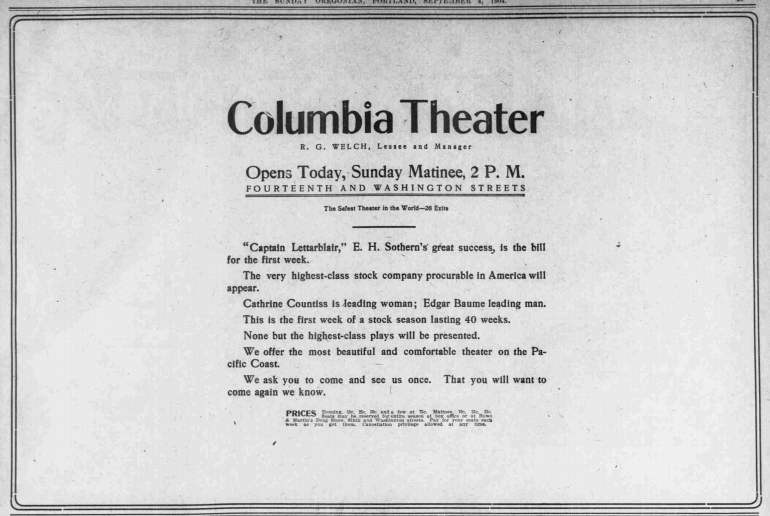Film Ban Expresses Racial Censorship in 1945
The esteemed Paramount Theater (also known as the Arlene Schnitzer Concert Hall) located on Broadway in Portland, Oregon, was banned from showing the controversial film “Imitation of Life”. The film, starring Louise Beavers and Fredi Washington told a story of a daughter in the film who supports the negro population by creating friendships and bonds in the negro community. The film expressed the cause of controversy in the white community.
